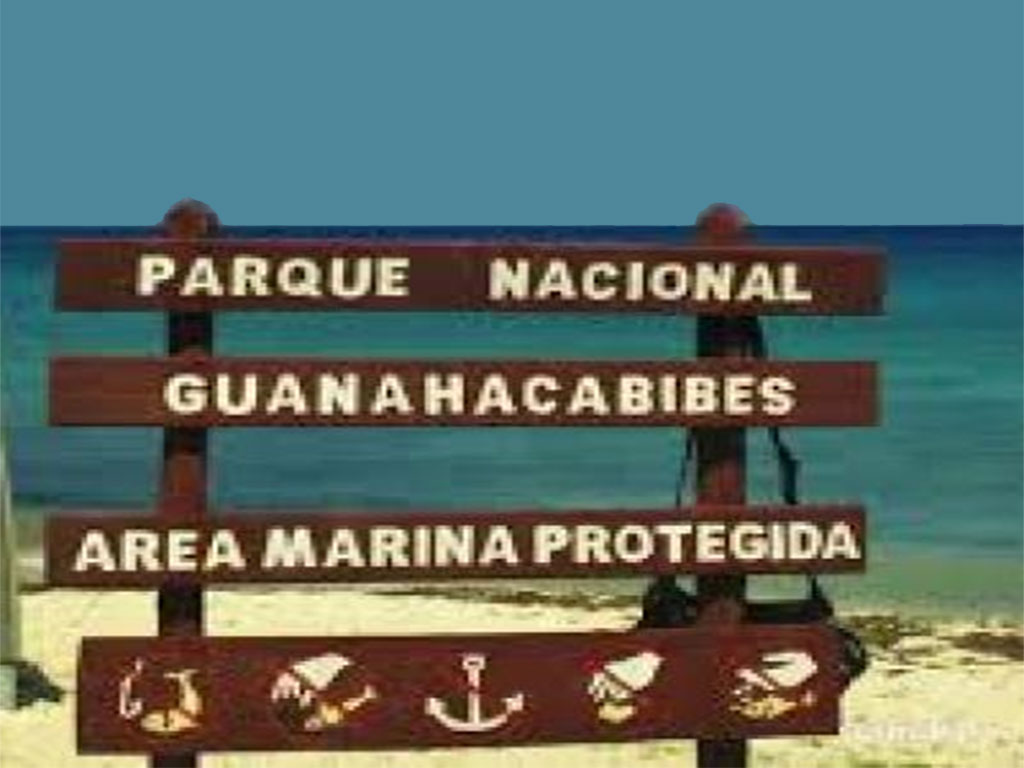“We were invited to the workshop specifically on the OECMs, a new topic for Cuba, although the Ministry of Science and Technology is already working on the identification of other areas that have to do with the application of effective conservation measures, both on land and maritime”, Naranjo told Prensa Latina.
She specified that Cuba has protected areas identified by different institutions and have established management, but the OECMs go a little further, and, management, governance, and an administrator of the zone, need to be established due to their own characteristics.
The OECMs contribute to the achievements and conservation of at least 30 percent of the terrestrial and sea areas of the planet, especially those of particular importance for biodiversity and their contributions to human well-being.
The vice minister explained that it cannot be a protected area in order to be an OECM, because the latter can be operated, managed, worked, and fished, although with regulatory measures, and that is what is wanted, but protected areas have their limitations.
Naranjo pointed out that this matter is being worked on in Cuba despite the fact that the country still has to identify any OECMs, hence its participation in this workshop constitutes an opportunity, as they are novel concepts and the Ministry has the responsibility of implementing it in the country, jointly with other entities.
jrr/llp/jha/ale










